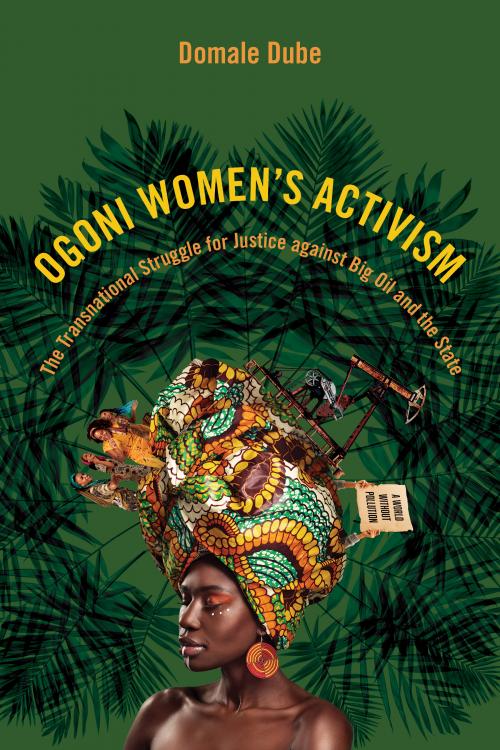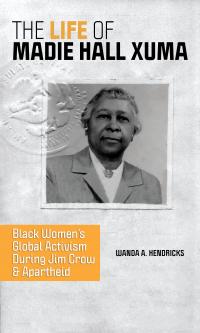
Ogoni Women’s Activism
Cloth: 04/22/2025
About the Book
In 1995, Nigeria’s dictatorial government executed nine Ogoni leaders fighting for civil rights and against Shell Oil’s depredations of Ogoni land. Domale Dube Keys draws on interviews and participant observation to tell the long-ignored story of how women carved out a role in the Ogoni pursuit of justice.Keys’s account examines and documents the issues that drew women into the movement, from concerns for themselves and their communities to grander visions for the Ogoni. As she shows, these issues not only influenced organizing in Nigeria but also the diaspora in general and the United States in particular. Ogoni women relied upon nonviolent protest to realize their aims. Keys looks at their campaigns and how their actions reflected their concerns, values, interests, and priorities. The result is a rare account of Black women and transnational organizing for women’s, climate, and environmental justice that merges a history of their involvement with an in-depth analysis of the racial, gender, and ethnic dimensions of the Ogoni Struggle.
About the Author
Domale Dube Keys is an assistant professor in the Department of Women’s and Gender Studies at the University of Alberta.Reviews
Blurbs
“Keys addresses an important issue at the intersection of gender, social movements, resource control, and the role of multinational corporations in postcolonial societies. The gendered analysis and intervention by the author are essential for gaining a full understanding of the Ogoni Struggle.”--Chima J. Korieh, author of The Land Has Changed: History, Society, and Gender in Colonial Eastern Nigeria










